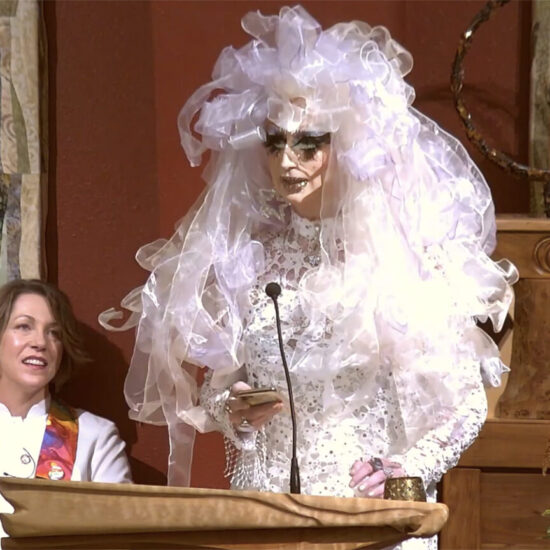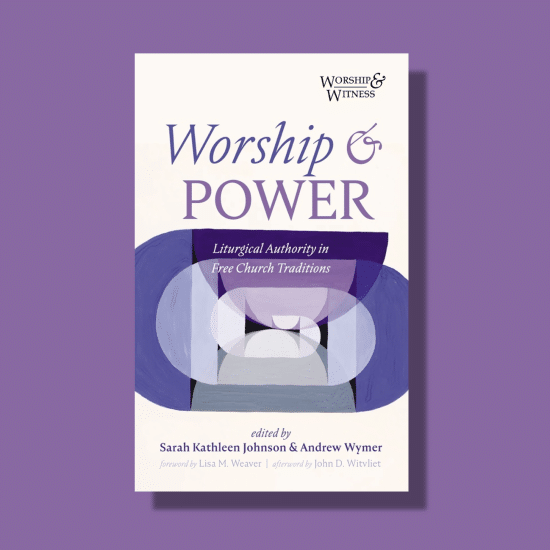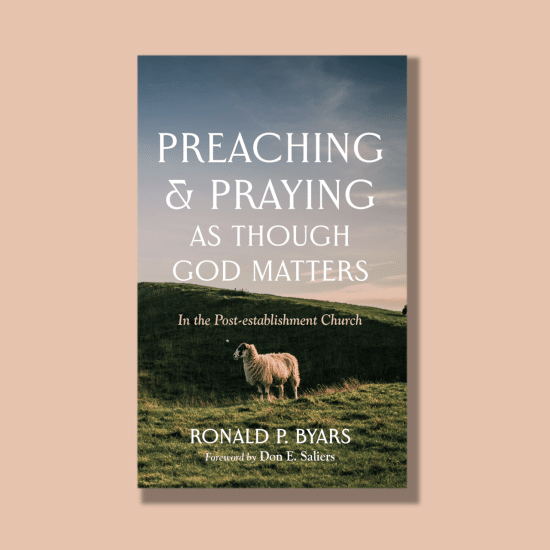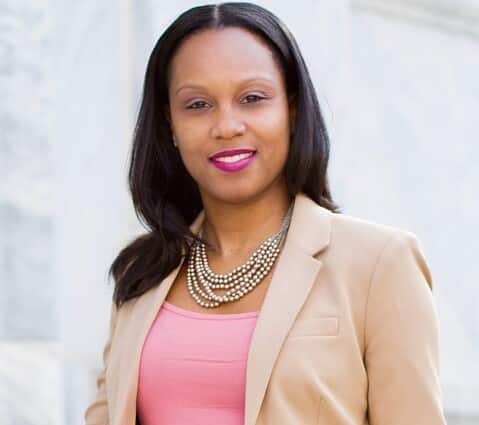In the book “Hurting with God: Learning to Lament with the Psalms,” Old Testament scholar Glenn Pemberton notes the absence of laments in modern hymnals when compared to the biblical book of Psalms. Laments pepper the Psalms, accounting for 40 percent of the collection. He divides the rest of the Psalms between those of praise (28 percent) and those of thanksgiving and trust (18 percent). Modern hymnals offer a much different assortment of songs. “The Baptist Hymnal” published by LifeWay in 2008 includes basically the same percentage of praise songs (29 percent), but many more thanksgiving and trust songs (41 percent). Only 13 percent of the songs in “The Baptist Hymnal” fall in the lament category. Other contemporary denominational hymnals resemble “The Baptist Hymnal.”
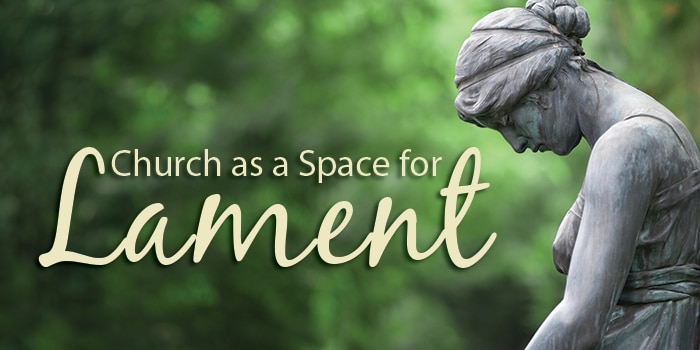
 Rebecca JohnsonRebecca Johnson, director of sacred arts at Central Baptist Theological Seminary in Shawnee, Kan., wonders if today we “feel praising God is more important” than other themes in worship and so ignore laments as if they are selfish. She added that while songs of laments can be difficult to articulate — and sometimes musically hard to sing — singing “‘go God’ is really easy.” Yet she noted laments “can be more profound and have more lasting impact.”
Rebecca JohnsonRebecca Johnson, director of sacred arts at Central Baptist Theological Seminary in Shawnee, Kan., wonders if today we “feel praising God is more important” than other themes in worship and so ignore laments as if they are selfish. She added that while songs of laments can be difficult to articulate — and sometimes musically hard to sing — singing “‘go God’ is really easy.” Yet she noted laments “can be more profound and have more lasting impact.”
“I find oftentimes I cannot sing those laments because I’m crying,” she explained. “We lose so many great theological moments by making the assumption that worship is only about praising God.”
Greg Lundberg, associate pastor for music & worship at Kirkwood Baptist Church in Kirkwood, Mo., noted we live in “a time period that does not lament comfortably.” He said we instead go for the “‘we are more than conquerors’ type of thing.” He believes that can lead to worship that does not help people with what they experience in life.
 Greg Lundberg“If worship doesn’t reflect reality and the struggle of it, worship can become unreal,” he said. “Worship can seem like something distant.”
Greg Lundberg“If worship doesn’t reflect reality and the struggle of it, worship can become unreal,” he said. “Worship can seem like something distant.”
“There’s got to be room to express the dark nights of the soul,” he added.
Lundberg offered a few thoughts on how churches can work toward “giving people space to lament in worship.”
“One way to get at it is to sing the Psalms,” he said. “Singing is always powerful.”
Lundberg pointed to the killings and bombings in Syria as an example of how churches can naturally lament by “remembering the world we’re living in.” He suggested including times of silent prayer and the voicing of corporate prayers that acknowledge struggles around the world and pain in the lives of individual congregants. He also expressed the need to help people who feel like they are not “good enough” to worship or who feel like they must fake like they “have it all together on their own.”
 Jonathan BlackmonJonathan Blackmon, associate professor of music and director of worship arts at Missouri Baptist University in St. Louis, Mo., encourages churches to consider using laments “in terms of their spiritual function.” He pointed to the Psalms as a guide.
Jonathan BlackmonJonathan Blackmon, associate professor of music and director of worship arts at Missouri Baptist University in St. Louis, Mo., encourages churches to consider using laments “in terms of their spiritual function.” He pointed to the Psalms as a guide.
“An examination of the Psalms reveals that laments commonly convey confession or supplication,” he explained. “The Psalmists cry out to God in grief for their sin or in anguish of soul when they experience injustice, oppression or catastrophic circumstances.”
“Churches can continue to incorporate laments in worship to express the spiritual functions of confession or supplication,” he added. “If church leaders take time to help their congregations understand the purpose and theological rationale for lament, I believe people will become more comfortable using them as an expression of worship.”
Finding Balance
Johnson stressed she did not believe songs of lament are more theological or appropriate than songs of praise or thanksgiving. Rather, she sees the need for each type. Without laments, she fears “our reflection is unbalanced” and not reflecting the reality that people in the pews are often hurting.
Lundberg, who wrote his dissertation on praying the Psalms, also noted the importance of viewing the diversity of the Psalms. He called the collection a “mirror of life” with lyrics for “the different phases and different places in our lives.”
“The Psalms had a common theology,” he explained. “You find praise and you find lament and they’re butted right next to each other.”
“Praise and lament—they have to work together for us to be whole,” he added.


